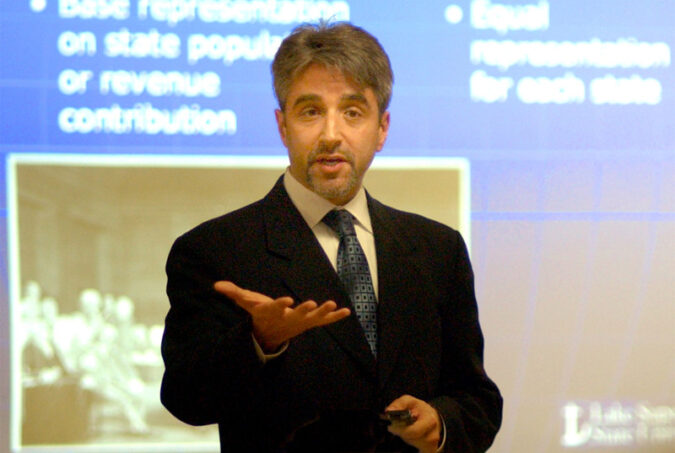Policy makers today must contend with two inescapable phenomena. On the one hand, there has been a major shift in the policies of governments concerning participatory governance—that is, engaged, collaborative, and community-focused public policy. At the same time, a significant proportion of government activities have now moved online, bringing about “a change to the whole information environment within which government operates” (Margetts 2009, 6). Indeed, the Internet has become the main medium of interaction between government and citizens, and numerous websites offer opportunities for online democratic participation. The Hansard Society, for instance, regularly runs e-consultations on behalf of UK parliamentary select committees. For examples, e-consultations have been run on the Climate Change Bill (2007), the Human Tissue and Embryo Bill (2007), and on domestic violence and forced marriage (2008). Councils and boroughs also regularly invite citizens to take part in online consultations on issues affecting their area. The London Borough of Hammersmith and Fulham, for example, recently asked its residents for thier views on Sex Entertainment Venues and Sex Establishment Licensing policy. However, citizen participation poses certain challenges for the design and analysis of public policy. In particular, governments and organisations must demonstrate that all opinions expressed through participatory exercises have been duly considered and carefully weighted before decisions are reached. One method for partly automating the interpretation of large quantities of online content typically produced by public consultations is text mining. Software products currently available range from those primarily used in qualitative research (integrating functions like tagging, indexing, and classification), to those integrating more quantitative and statistical tools, such as word frequency and cluster analysis (more information on text mining tools can be found at the National Centre for Text Mining). While these methods have certainly attracted criticism and skepticism in terms of the interpretability of the output, they offer four important advantages for the analyst: namely categorisation, data reduction, visualisation, and speed. 1. Categorisation. When analysing the results…
There has been a major shift in the policies of governments concerning participatory governance—that is, engaged, collaborative, and community-focused public policy.







